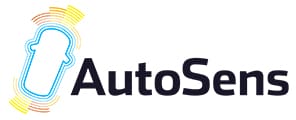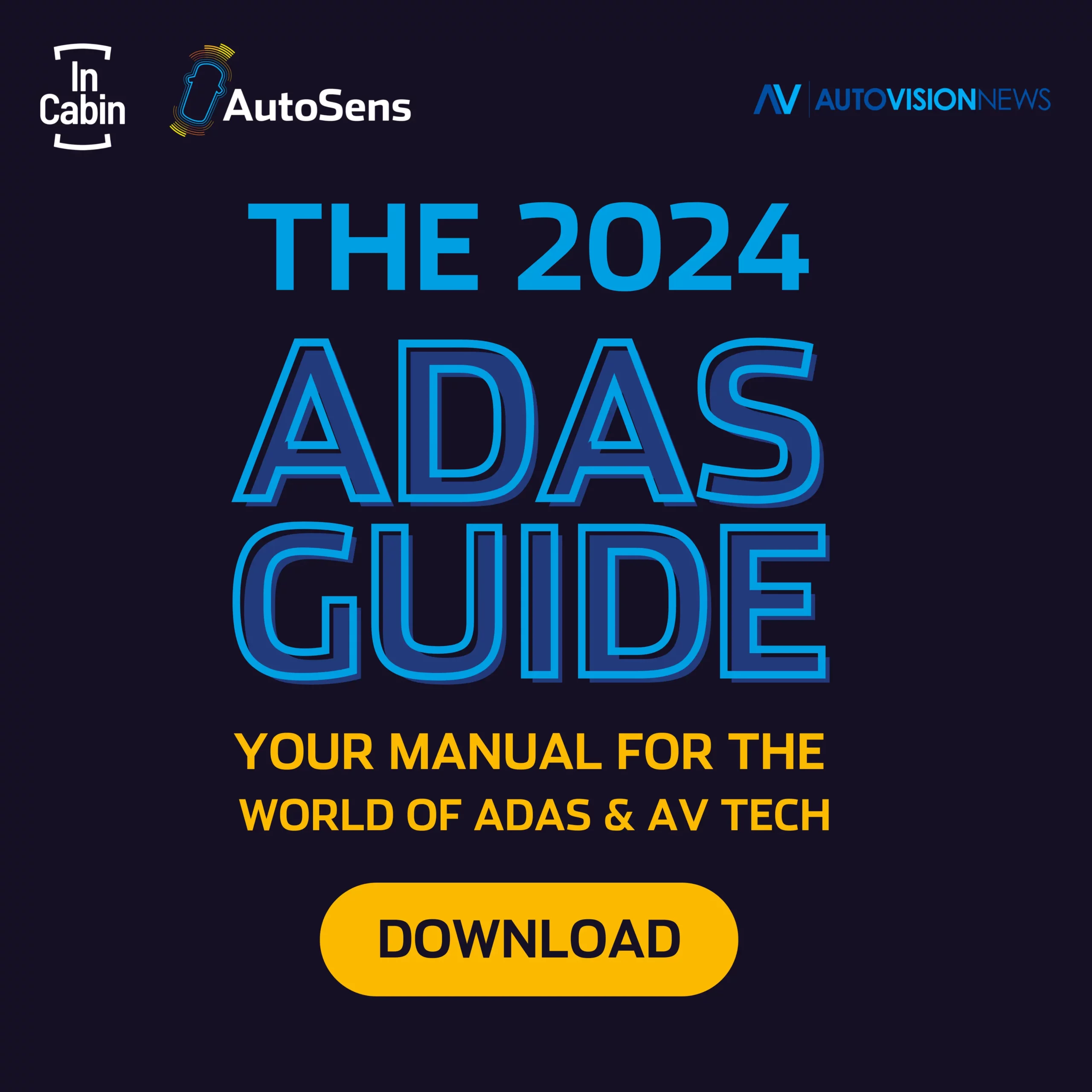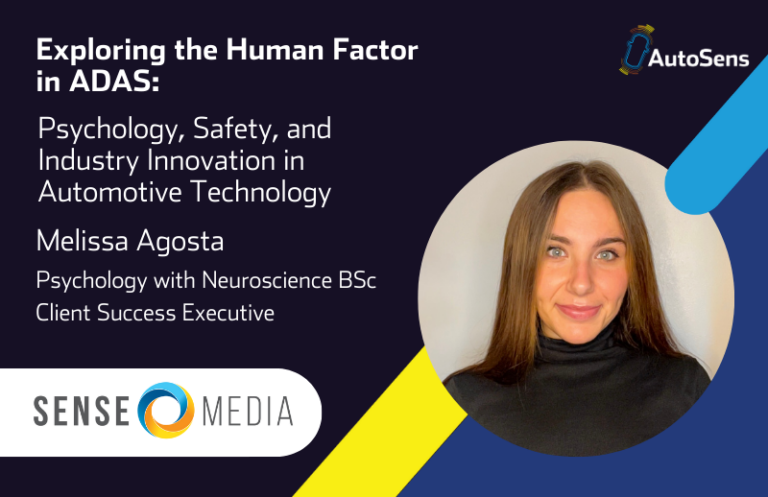Cristina Dragan, Thermal Analyst Expert at Continental will be joining us at AutoSens in Brussels to deliver a session on “Thermal requirements for high temperature vs. extreme summer.”
Cristina’s experience is in thermal management of different electronic control unit cooling solutions for different environment conditions. She has several patents and published articles related thermal studies she was involved so far.
Q: You are an advocate for the importance of thermal science, could you elaborate on this and why you see it as so important?
Higher and higher performance, more and more extreme boundary conditions, and the cost and design limitations lead to exceeding the limit temperature of specific components without an optimized thermal management. I see that even if an
electronic product doesn’t currently have a thermal problem, according to current tendency, sooner or later, it might end up with one.
Q: How were you drawn to your role?
I understood pretty early that thermal solution is a collaboration role between different disciplines, like mechanical, electrical and system engineers, but also quotation, quality, and testing and validation.
I like being part of a project team with a clear and realistic target. For me, a realistic target means that each team member knows what shall be done and how his/her activity influence others.
Q: Perception systems play a foundational role in achieving automotive autonomy, what do you think is the biggest challenge in ensuring perception systems perform reliably?
The biggest challenge I see is safety benefits to the public, in both directions, vehicle passengers and outside, pedestrian, bicyclists, other vehicles’ passengers.
As a second challenge, I see price accessibility to the public.
Q: In addition to the panel that you are joining on adverse weather, we are also hosting a discussion on the challenges in validating a LiDAR simulation, do you have any thoughts to share on this challenge?
Depending on the chosen solution, LiDAR technology might have higher thermal challenges than other ADAS products. For example, a limited temperature range for the laser diodes requires a Peltier solution, for sure. Also, the visibility for winter conditions is a challenge.
Q: AutoSens supports Women in Engineering and how do you feel the industry can encourage women to pursue careers within engineering and automotive?
Lately I see that the industry encourages and promotes women in engineering, which is a good thing as long as we are receiving equal chances of success.
I feel that diversity is very important, and we all have something unique to contribute, regardless of our gender.
I see that diverse team members complete each other and can bring better results together.
Q: What are you most looking forward to about joining us at the conference in September?
Sharing ideas, understanding other fields challenges, expertise exchange, to inspire and get inspired, and networking.
AutoSens in Brussels – 15-16 September 2021.
We’re absolutely thrilled to be back in-person at the world-renowned AutoWorld Museum with a fresh agenda of expert panels, technical case studies, and an exhibition of demos from technology companies at the forefront of sensors and computer vision to explore and so much more.
Tickets are going fast, due to limited capacity – if you’re quick you can take advantage of the early bird prices, which are still available until Friday 23 July.







